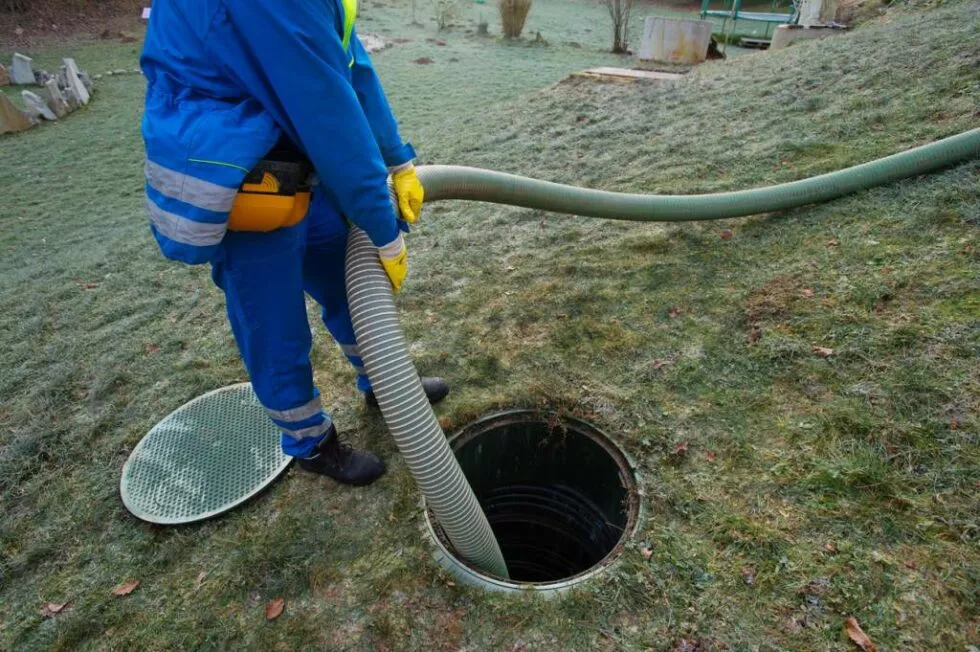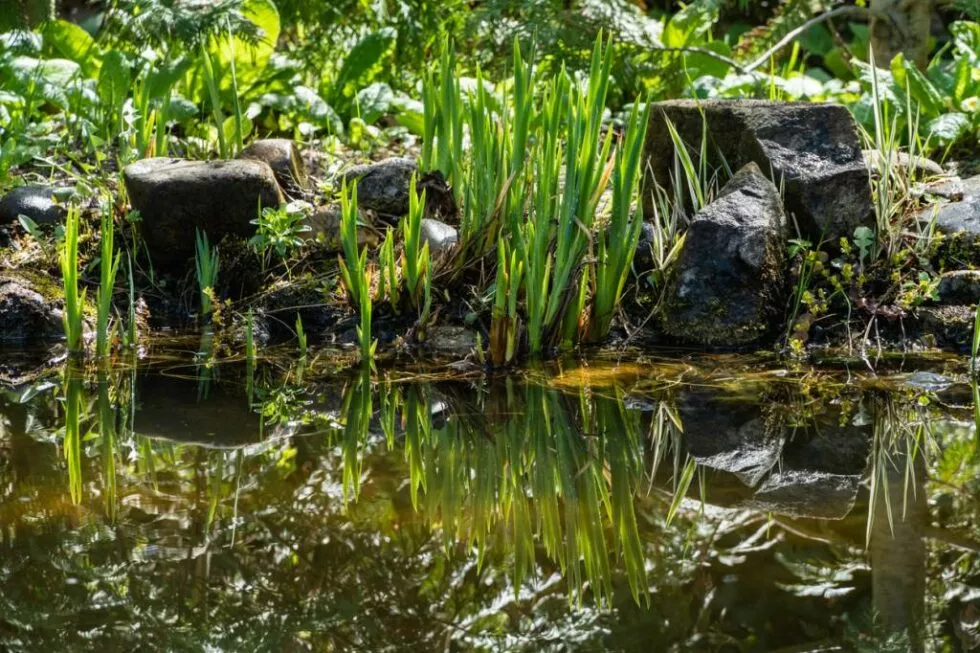Opt for an ecological water treatment plant to reduce your carbon footprint
Nowadays, the concept of a ‘green attitude’ extends to various sectors, including sanitation. Among the individual sanitation systems, some stand out for their ecological approach. Discover the ecological wastewater treatment plant offered by Aquatiris.
The issues at stake in individual water purification
The sanitation of water is of paramount importance in the preservation of the environment. Water pollution, particularly from domestic activities, can have significant repercussions on local ecosystems. Discharges containing pathogenic micro-organisms, harmful chemical substances and organic matter can compromise the quality of water resources. The need for effective wastewater treatment at the individual level is thus becoming imperative.
This will enable the treatment of wastewater individually in a responsible manner and thus reduce its overall environmental impact. The management of sludge from these systems is also of particular importance to ensure a sustainable process. In France, where water conservation is a major concern, the promotion of environmentally friendly individual treatment systems is encouraged.

Understanding the 100% ecological functioning of phyto-purification basins
Phyto-purification is a natural and sustainable method of sanitation using plants. By incorporating a natural swamp, this process uses the purifying properties of the roots of specific plants to clean up pollution. Plants such as reeds and bulrushes act as ‘vertical filters’ that purify wastewater.
When the effluents enter the system, it is drawn in, filtered and digested by the plants, especially at the level of the micro-organism-rich roots. The ecosystem mainly treats the nitrates, phosphates and metals present in the water, thus eliminating the pollutants.
The principle of phyto-purification is comparable to that of composting. The degradation of pollutants in contact with air produces humus and water vapour. It is therefore a sanitation system that is entirely natural and autonomous, which takes place in the ground, without requiring a tank or electrical energy.
Why call on Aquatiris to install your phyto-purification basin?
Aquatiris is the French phyto-purification specialist, with an extensive network of experts all over France. Our company has been Aquaplus-certified since 2018. This attests to our commitment to sustainable development and our compliance with quality, safety and social responsibility standards.
With our ‘Jardin d'Assainissement’ (Sanitation Garden) range, you can benefit from an efficient phyto-purification system with no tank, no unpleasant odours and no mosquitoes. Between our Roseaux, Iris (ATec certified) and Carex ranges, our passionate experts will help you choose the option best suited to your bio-sanitation plant project.
For a detached house, our experienced team will be at your side every step of the way. Having a standard-compliant filtering plant station guarantees effective wastewater treatment and we are here to help you make it happen.
Aquatiris offers you the opportunity to set up your phyto-purification basin at a competitive price of between 11,000 and 16,000 euros. Contact us now for a free quote.

Is a micro-treatment plant as environmentally friendly as they say?
The micro-treatment plant for individual use is a sanitation device that uses a biological process to treat wastewater. It works in a simple way: the micro-organisms present in the wastewater, such as bacteria and enzymes, act as organic matter destructors.
To guarantee effective treatment, the water goes through three essential phases:
- decantation,
- passage through the reaction basin,
- clarification.
In general, a micro-station consists of three compartments, each dedicated to one of these phases. Once these stages have been completed, the water is purified and ready to be discharged into the environment.
Although the micro-treatment plant for individual houses seems ecological at first glance, most of these systems run on electricity. There are certainly non-electric models, but they require the installation of a tank and periodic emptying. This installation and maintenance work can have an impact on the system's overall carbon footprint. Therefore, we will conclude that the system is ecological, but not that much!
What precautions can be taken to optimise the efficiency of your natural wastewater treatment plant?
To maintain the purifying power of your ecological sanitation system at the right level, you must take preventive measures. Regular maintenance is essential. Follow the instructions of the non-collective sanitation (NSC) specialists scrupulously. In particular, for individual micro-treatment plants, respecting the emptying level is essential to avoid any malfunction.
It is essential to minimise the use of aggressive household chemicals, such as chemical detergents and aggressive shampoos. These products may contain harmful compounds that compromise the biological balance of the treatment plant. Potential consequences for the sanitation system include a reduction in the efficiency of organic matter breakdown and an alteration of beneficial micro-organisms.
Choose environmentally responsible alternatives, such as biodegradable cleaning products. Also avoid frequently pouring large quantities of grease down the sink. This can slow down the degradation process. By adopting these precautions, you can actively contribute to preserving the integrity of your ecological wastewater treatment plant.

